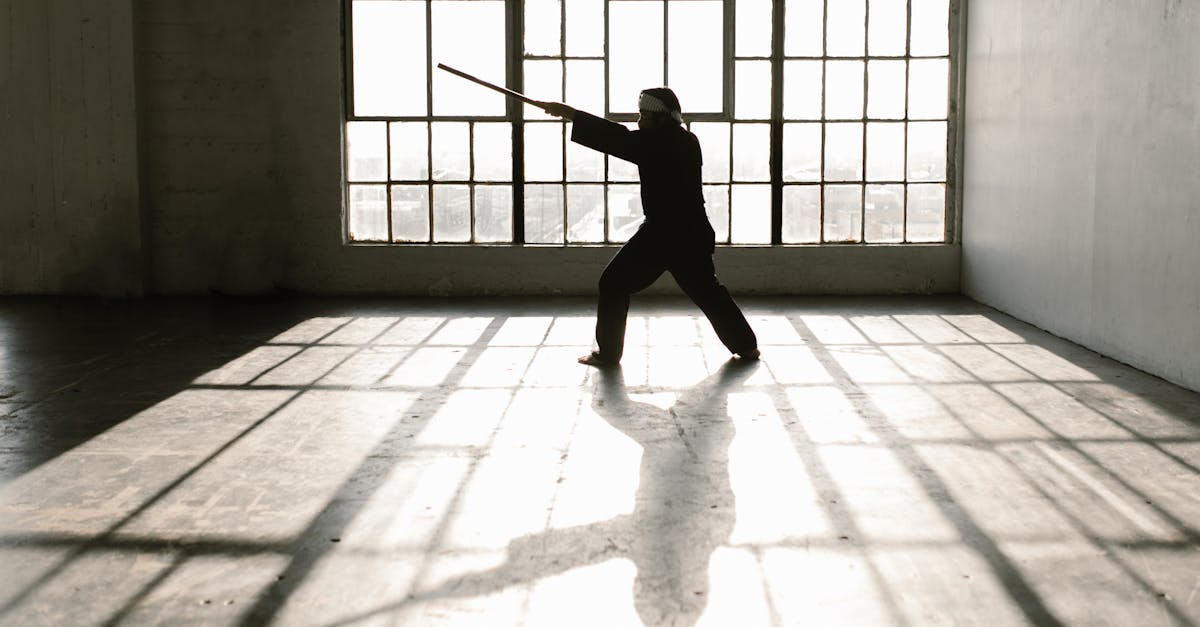
Japan’s martial arts are more than combat techniques; they reflect a deep cultural heritage rooted in discipline, respect, and tradition. As interest grows globally, these ancient practices are finding new audiences.
This article explores how Japan is sharing its martial arts culture with the world, blending history with modern influence.
Martial arts in Japan are not only physical disciplines but also spiritual paths. Rooted in samurai ethics and centuries-old customs, they emphasize personal development through rigorous practice and moral guidance. Arts such as judo, karate, aikido, and kendo continue to attract practitioners from all over the world who seek more than just self-defense, they pursue inner balance, focus, and respect for others.
The global fascination with Japanese martial arts has been fueled by international tournaments, pop culture, and educational exchange. Visitors travel to Japan to train in traditional dojos, learning directly from experienced masters. At the same time, Japanese instructors and organizations are expanding abroad, bringing authentic teachings to a worldwide audience. This exchange helps preserve the essence of martial arts while allowing them to evolve. As these traditions spread, they continue to build cultural bridges and promote values that transcend language, borders, and generations.
Deep Roots of Martial Arts in Japanese History
Japanese martial arts are deeply connected to the country’s history, spirituality, and philosophy. From samurai-era swordsmanship to modern-day judo, each form reflects Japan’s unique cultural evolution. Disciplines like kendo, aikido, and karate were not only methods of self-defense but also systems of personal growth. They teach values such as discipline, respect, and perseverance. The historical role of the samurai, and the code of bushido, continues to influence martial arts philosophy today. Understanding this legacy is essential for anyone seeking to appreciate the deeper meaning behind the movements and traditions practiced in dojos across Japan.
How Japanese Martial Arts Attract Global Interest
Japanese martial arts have long drawn global admiration for their discipline and aesthetics. International tournaments, films, and cultural exchanges have made karate and judo household names. Many practitioners travel to Japan to train at the source, studying with masters and experiencing the culture firsthand. The rise of mixed martial arts has also expanded interest, blending traditional forms with modern competition. In recent years, events under banners like beebet rizin have introduced new audiences to Japan’s unique approach to combat sports, offering a fresh lens on the country’s martial heritage. This fusion keeps the spirit of tradition alive while inviting innovation..
The Role of Tradition in Modern Martial Arts Schools
While the world modernizes rapidly, Japanese martial arts schools continue to hold on to time-honored traditions. Etiquette, uniform dress, and ceremonial rituals are essential elements preserved across disciplines. Bowing to instructors and opponents, cleaning the dojo before training, and reciting traditional creeds remain common practices. These rituals connect students to centuries of history and reinforce the idea that martial arts are more than physical combat. They are holistic systems that cultivate character and respect. Instructors today balance this heritage with modern teaching methods to help students apply martial arts principles in daily life.
Even as techniques evolve and global influences shape the way classes are conducted, traditional values remain the core of the learning experience. This includes a deep respect for lineage, where students learn about the founders of their style and the philosophy behind each movement. Dojos often serve as close-knit communities where mentorship and moral guidance are as important as physical training. These environments foster a sense of discipline that extends beyond the mat, encouraging students to live with integrity, humility, and self-control. Tradition ensures that martial arts remain a path of lifelong personal development, not just a sport.
Future of Martial Arts in Japan and Beyond
As martial arts evolve, Japan continues to play a leading role in shaping their global direction. Youth participation is rising thanks to increased visibility on platforms like the Olympics and social media. Technology, including virtual reality and online training, is beginning to influence how people learn and share techniques. Meanwhile, cultural ambassadors and international instructors carry Japanese martial arts into new communities worldwide. This ongoing exchange not only keeps the traditions alive but also inspires innovation. Japan’s commitment to preserving authenticity while adapting to change ensures its martial arts will remain a vital cultural force in the years ahead.
